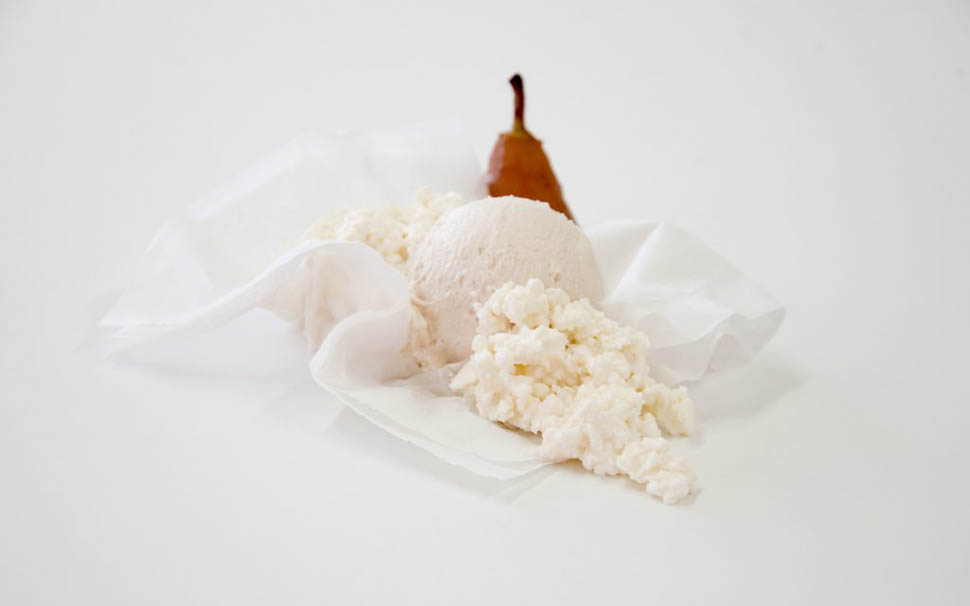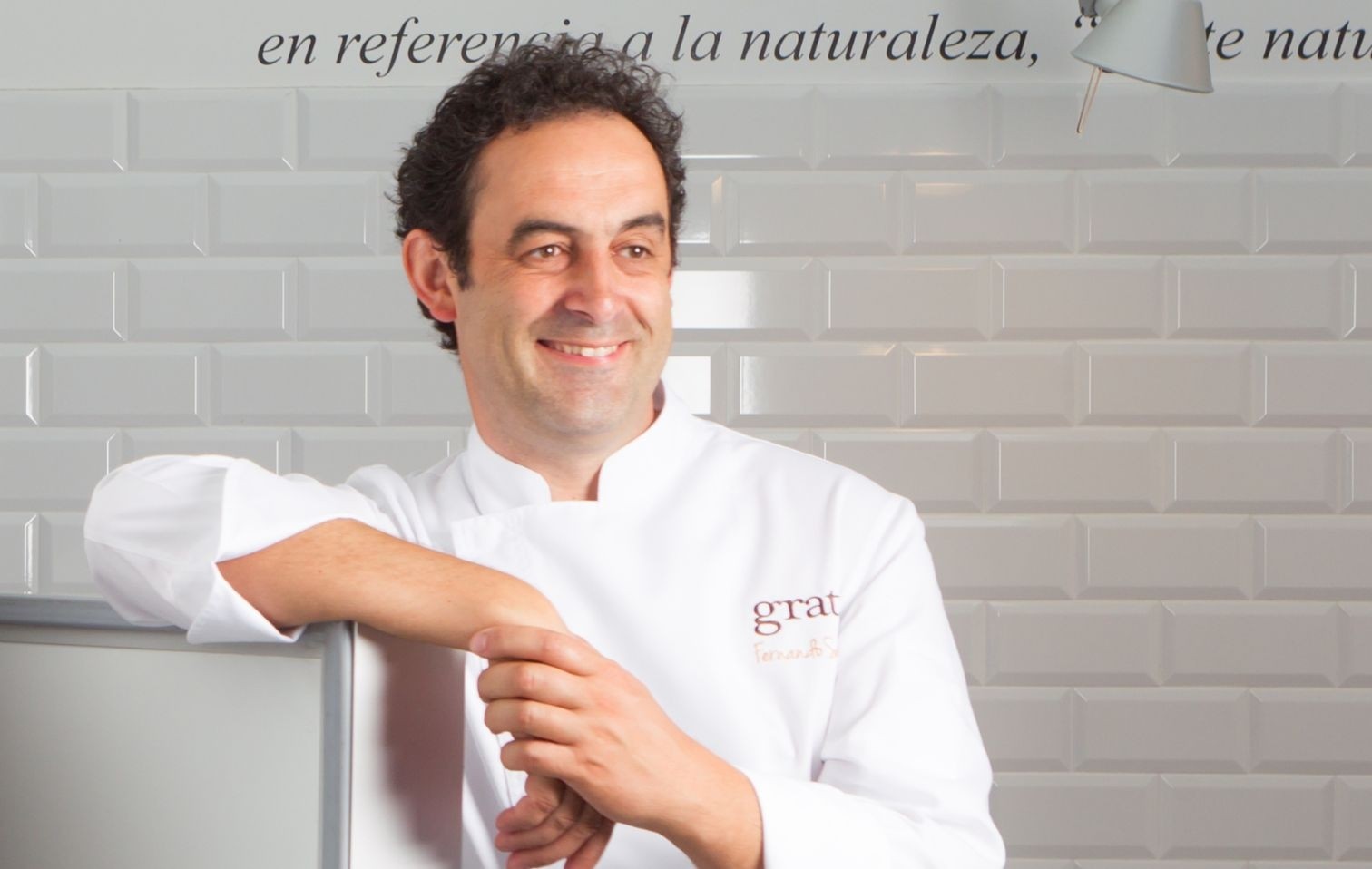In an era when information travels at a dizzying speed and opinions multiply on digital platforms, food critics seem to be retreating in the face of social media and mass reviews. The great ice cream maker Fernando Sáenz thinks so, but perhaps not all is lost.
Cover photo by Fernando Diaz
The opinion
Food and wine critic is in agony: this is how Fernando Sáenz, one of the world's most prestigious master ice cream makers (also known as the "chef of cold"), described today's situation. Together with his wife, Angelines González, Sáenz runs the famous dellaSera ice cream shop in Logroño and the Grate laboratory, both emblems of excellence and innovation in the world of ice cream making. Their philosophy is based on enhancing local raw materials and experimenting with new flavors, turning ice cream into a true sensory experience.
Sáenz and González have revolutionized the way this product is conceived, going beyond simply creating flavors to exploring its nutritional and gastronomic potential. Their " headquarter," dellaSera, has not surprisingly become a reference point for those seeking a well-rounded sensory experience, while the Grate laboratory serves as a research and development center, where ideas take shape and are transformed into delicacies.

But in an era when information travels at a dizzying speed and opinions multiply on digital platforms, being a chef, pastry chef and gastronomist has become a risk. This is because, according to Sáenz, the role of the food critic is declining. "The food and wine critic takes on a crucial importance," he explains in fact to 7Canibales. "Professional critique, based on careful analysis and objective criteria, helps guide consumers and improve culinary offerings. The critic's work is not limited to the evaluation of the dish, but encompasses all aspects of the dining experience: from service to presentation, from the state of the facilities to the comfort of the rooms. This holistic approach makes it possible to provide a comprehensive and detailed view of what a restaurant has to offer."

"While it may be difficult to accept criticism, it is important to remember that these reviews are nothing more than tools for growth. A dish described as 'tasteless and watery' should not be seen as a final condemnation, but as an opportunity for the restaurateur to improve and refine his or her offering. Gastronomy deserves respect and professionalism as much as a table deserves a tablecloth. Food critic is not just entertainment, but an essential service that helps elevate the culinary art. Unfortunately, however, the professional food critic is becoming increasingly rare, threatened by the proliferation of anonymous reviews and user-generated content on social media. However, the difference between a professional review and a simple personal opinion is critical to maintaining high quality in the restaurant industry."

Sáenz sees a glimmer of hope, however: "A possible future for this profession could be the integration of critics within the dining establishments themselves, in an internal audit role that would allow for constant refinement and improvement of the offering. In this way, critics would not be confused with consultants, but would serve to ensure an ongoing level of excellence."











